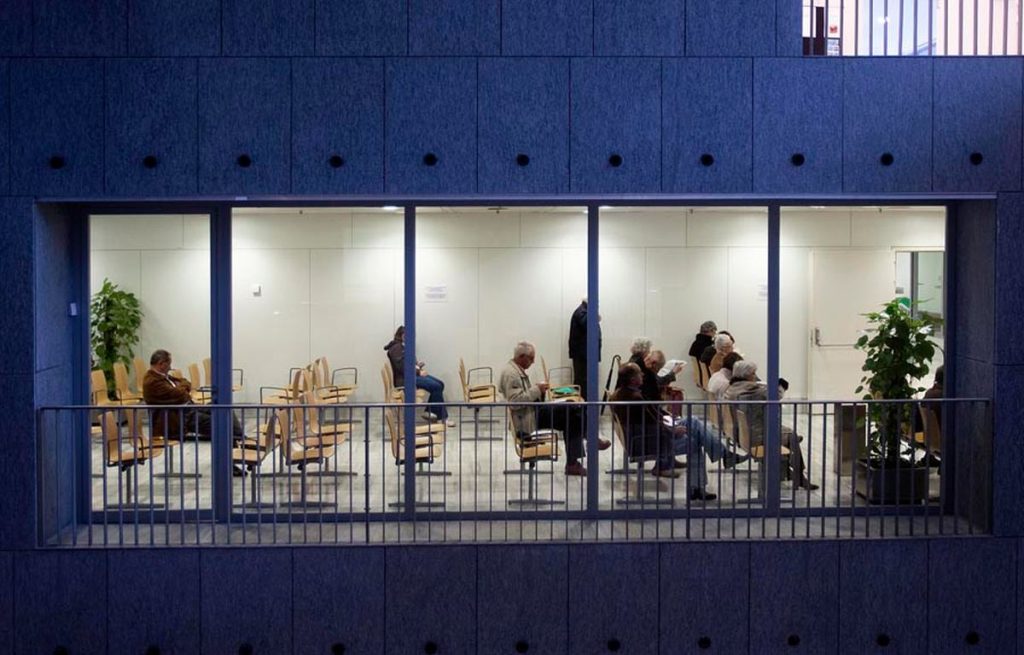The issue of long waiting lists for medical procedures and visits is a recurring problem in the Spanish healthcare system. Despite promises to reduce these lists, they continue to grow. The latest report from the Ministry of Health, based on data provided by the autonomous communities, shows that the number of patients waiting for medical procedures is at an all-time high. This has led to concerns among the population, even though the quality of care provided by the healthcare professionals is generally good. At the end of December, there were nearly 850,000 patients waiting for surgical interventions, 30,000 more than in the previous semester. The average wait time has also increased significantly, from 112 days to 128 days. Of particular concern is the fact that 206,000 patients had been waiting for more than six months, far exceeding the government’s commitment that no patient should wait more than 120 days.
In addition to the long wait times for surgical procedures, there has also been a noticeable increase in the wait times to see a specialist, from 87 days in the first semester of 2023 to 101 days in the second. Delays in seeing a specialist can be particularly worrisome, as they may result in a delayed diagnosis, especially for serious conditions like cancer. Despite the growing demand for healthcare services, the healthcare system has been able to increase its productivity, with an 8.05% increase in surgical interventions in public hospitals in the last semester of 2023. However, this increased activity has also put a strain on healthcare professionals, who are already working tirelessly to meet the rising healthcare needs of the population.
The management of the healthcare system is the responsibility of the autonomous communities, but the overall economic stability of the system also plays a crucial role in ensuring its efficiency. The financial crisis of 2008 led to budget cuts that affected the healthcare sector for several years. While healthcare investments have been gradually increasing, they are still not enough to keep up with the growing demand for healthcare services. Disparities between regions are evident in terms of waiting times for surgical procedures, with Extremadura, Andalucía, and Cantabria having the longest waits, while Madrid, País Vasco, and Galicia having the shortest. Urgent action is needed to prevent the legitimacy of the public healthcare system from being undermined, as it is a key component of social cohesion.
Efforts to reduce waiting times in the healthcare system must consider not only improving the management practices of the autonomous communities but also increasing the overall funding and resources available to the system. Addressing the growing demand for healthcare services requires a comprehensive approach that takes into account factors such as population growth, increasing life expectancy, and the rising number of patients with chronic conditions requiring ongoing medical care. Without effective intervention, the public healthcare system’s ability to provide timely and quality care to all citizens may be compromised, leading to further dissatisfaction among the population. The government and regional authorities must work together to address these challenges and ensure the sustainability of the healthcare system for the future.


